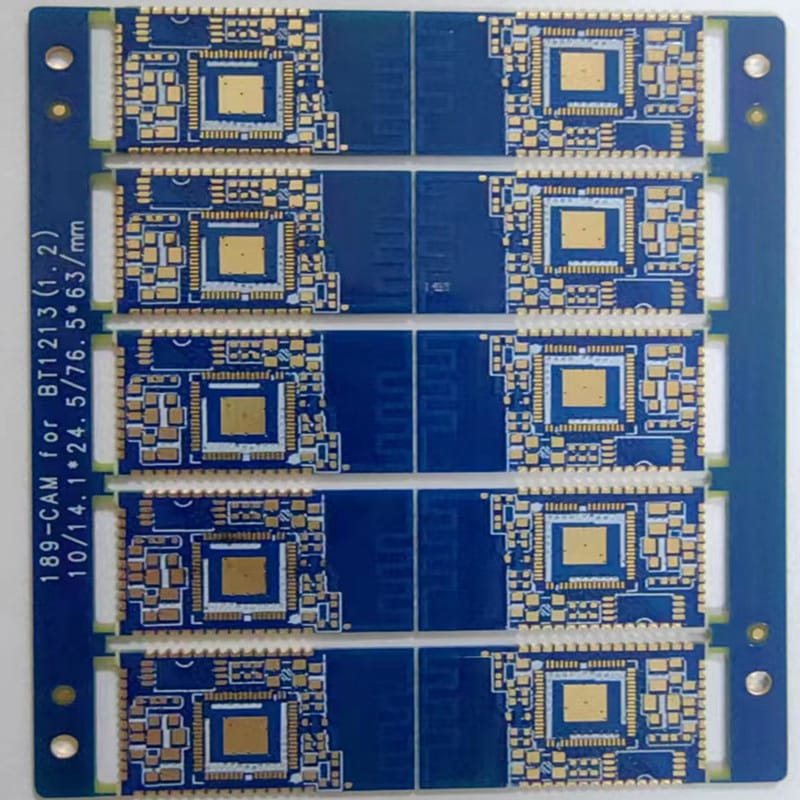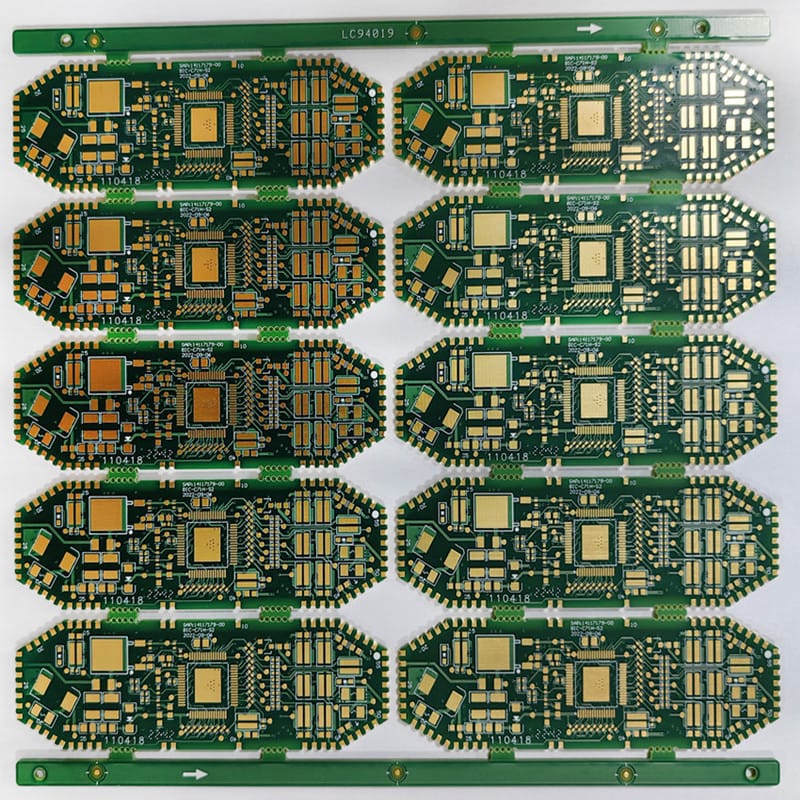When electronic products, such as computers, cell phones, televisions, VCRs, stereos, copiers, fax machines1, internal chips and other relating parts, reach the end of their lifetime, they become electronic waste, otherwise known as “e-waste.” E-waste can often comprise of several hazardous components which can include heavy metals like mercury and lead. Despite this reality, gold, as well as other precious metals, also make up a significant amount of e-waste, and its extraction could have advantageous properties for the gold industry.
Since its introduction into the mining industry during the 1870s, the use of cyanide in gold leaching has been a useful, but dangerous technique of metal extraction. This extraction process involves the chemical reaction between the pulverized e-waste and sodium cyanide, which produces a soluble gold cyanide solution that allows for easier extraction of the precious metal3. While useful, gold cyanidation remains a controversial technique that is prohibited in several countries around the world. Several mining extraction procedures throughout history that have employed this technique have resulted in disastrous cyanide spills that have severely effected the environment. Impedance Control Pcb

Other Traditional Methods of Gold Extraction from E-Waste
The combination of hydrochloric acid and nitric acid have been found to be useful chemicals in the extraction of gold from e-waste. Other mild acids have also been successful in their extraction of gold, as these acids can successfully dissolve gold while limiting their potential to cause adverse effects to the environment.
Microbiological processes have been proposed over the last decade as possible alternatives to extracting precious metals such as copper, gold, palladium and silver from e-waste. Bacteria such as Thiobacillus ferrooxidans and T. thiooxidans, as well as fungi including Aspergillus niger and Penicillum simplicissimum have been documented to successfully extract copper, aluminum, lead and zinc from e-waste4. Aspergillus niger and Chromobacterium biolaceum are two microorganisms that have been found as suitable and sustainable methods of extracting gold from gold plated electronic devices5.
EnviroLeach’s Eco-Friendly Formula
Vancouver-based EnviroLeach Technologies is a science and technology company that aims towards developing environmentally friendly technologies that specifically cater to the mining industry. EnviroLeach’s patent-pending formula is a water-based extraction technique that will eliminate any potential harm that could be caused to the environment or human health during its operation. The new technique will involve the combination of the pulverized e-waste with the water solution that contains a total of five ingredients6. Once the water solution has pushed through the cells of the e-waste components, electricity is applied to the entire system, effectively separating gold and other precious metals in the process for future use.
Advantages of Gold Extraction from E-Waste
Not only does the extraction of gold from e-waste greatly reduce the amount of waste that is carelessly deposited into landfills around the world, but it also provides a new recycling opportunity in an environment that desperately needs new sustainable options. The innovative project proposed by the joint effort between EnviroLeac and Jabil Inc. will reduce up to 50 million tons of e-waste that is dumped into landfills each year. If such extraction procedures can reduce the amount of gold that is mined around the world each year, Researchers believe a significant reduction in both carbon emissions and other harsh environmental consequences that result from gold mining will also occur. The potential for the recovery of gold and other useful metals from e-waste to benefit both the global economy and society at large is unimaginable.
Disclaimer: The views expressed here are those of the author expressed in their private capacity and do not necessarily represent the views of AZoM.com Limited T/A AZoNetwork the owner and operator of this website. This disclaimer forms part of the Terms and conditions of use of this website.
After completing her Bachelor of Science in Toxicology with two minors in Spanish and Chemistry in 2016, Benedette continued her studies to complete her Master of Science in Toxicology in May of 2018. During graduate school, Benedette investigated the dermatotoxicity of mechlorethamine and bendamustine; two nitrogen mustard alkylating agents that are used in anticancer therapy.
Please use one of the following formats to cite this article in your essay, paper or report:
Cuffari, Benedette. (2019, April 16). Extracting Gold from E-Waste. AZoCleantech. Retrieved on January 15, 2024 from https://www.azocleantech.com/article.aspx?ArticleID=689.
Cuffari, Benedette. "Extracting Gold from E-Waste". AZoCleantech. 15 January 2024. <https://www.azocleantech.com/article.aspx?ArticleID=689>.
Cuffari, Benedette. "Extracting Gold from E-Waste". AZoCleantech. https://www.azocleantech.com/article.aspx?ArticleID=689. (accessed January 15, 2024).
Cuffari, Benedette. 2019. Extracting Gold from E-Waste. AZoCleantech, viewed 15 January 2024, https://www.azocleantech.com/article.aspx?ArticleID=689.
can give detail process of extracting gold with help of HCL and SULPHRIC ACID
The opinions expressed here are the views of the writer and do not necessarily reflect the views and opinions of AZoCleantech.com.
Do you have a review, update or anything you would like to add to this article?
This product profile describes the features and applications of the ElectroGreen™–Xylene substitute for electronics.
The Stäubli Megawatt Charging System (MCS) offers rapid and effortless charging, allowing drivers to manually charge their electric heavy-duty vehicles without relying on robots or supporting machines.
Anguil's robust Vapor Combustion Unit (VCU) can handle a wide range of emission flow rates. It is as easy to use as an enclosed flare and as effective as a thermal oxidizer.
AZoCleantech speaks to Paul Warley, CEO of Ascent Solar, about the company's leading thin-film photovoltaic (PV) technology and its use in space applications.
In this interview, AZoCleantech speaks with Manar Almazrouei about his project that focuses on advancing lithium-ion battery (LIB) cathode material synthesis through innovative aerosol-based techniques, streamlining production and promoting environmental sustainability.
In this interview, AZoCleantech talks to Anguil about biogas and how it could sustain clean energy.
AZoCleantech.com - An AZoNetwork Site

China Pcb Led Light Owned and operated by AZoNetwork, © 2000-2024